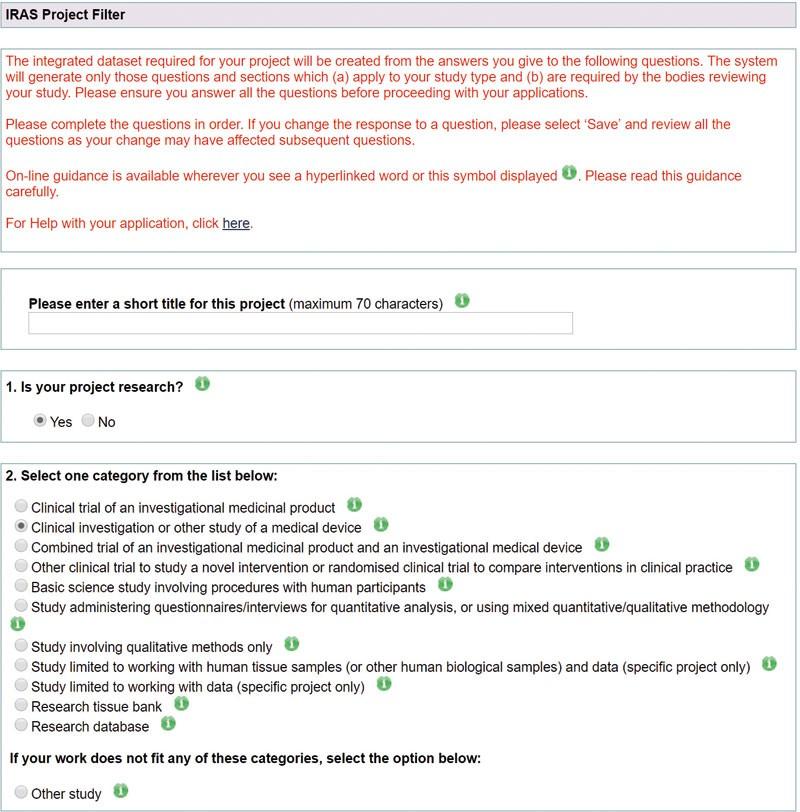Mauritania: Former President’s Trial Highlights Challenges Within the Nation’s Judicial System
In a groundbreaking ruling that has captured attention across West Africa, Mauritania’s judiciary recently handed down a verdict against ex-President Mohamed Ould Abdel Aziz. This decision marks a significant turning point in the country’s political and legal arenas, sparking widespread debate about the credibility and autonomy of Mauritania’s courts. As the nation contends with the aftermath of this high-profile case, experts are closely examining its impact on governance, judicial independence, and accountability within a state still evolving from its colonial past. The North Africa Journal investigates how this unprecedented trial exposes critical issues surrounding legal fairness and institutional trust in Mauritania.
Judicial Autonomy Under Scrutiny Following Ex-President’s Conviction
The conviction of former President Mohamed Ould Abdel Aziz has ignited intense discussions about whether Mauritania’s judiciary operates free from political influence. Many critics suggest that this verdict may be less about justice and more an attempt to suppress opposition voices or intimidate potential political rivals. The timing of the trial has raised eyebrows among observers who question if governmental pressures have swayed judicial decisions. Such concerns cast doubt on whether Mauritania can uphold the rule of law through truly independent courts.
Several pressing issues emerge from this controversy:
- Judicial Credibility: Public trust hinges on perceiving courts as unbiased arbiters.
- Political Manipulation: Allegations persist that executive powers interfere with legal proceedings.
- Civil Unrest Risks: Opposition groups may mobilize protests in response to perceived miscarriages of justice.
These factors collectively challenge Mauritania’s democratic development by undermining confidence in both governance structures and legal institutions.
Broader Impact on Rule of Law and Governance Across North Africa
The outcome of this landmark case extends beyond national borders, reflecting broader regional struggles with judicial independence and political accountability throughout North Africa. High-profile trials such as these often serve as barometers for assessing how committed governments are to democratic norms and human rights protections.
Key elements shaping public perception include:
- Transparency: The openness with which court procedures are conducted influences legitimacy.
- Accountability: Holding former officials responsible for corruption signals progress toward good governance.
- Court Autonomy: Ensuring judges can operate without undue external pressure is vital for fair outcomes.
To contextualize these dynamics, consider recent developments across neighboring countries:
| Nation | Status Update | Judicial Independence Rating* |
|---|---|---|
| Mauritania | Pivotal corruption trial involving ex-president ongoing scrutiny | Moderate (55/100) |
| Egypt td > < td > Heightened censorship alongside politically motivated detentions td > < td > Low (30/100) td > < / tr > < tr > < td > Morocco td > < td > Proposed reforms face implementation delays td > < td > Moderate (50/100) td > < / tr > < tr > < td > Tunisia td > < td > Political instability disrupts judicial processes td > < td > Low (35/100) td > tr > |
*Scores based on regional governance indices assessing court independence
Strengthening Mauritanian Legal Institutions: Strategic Recommendations for Reform
This high-stakes verdict has spotlighted systemic weaknesses within Mauritania’s judiciary that must be addressed to restore faith in legal processes. A comprehensive reform agenda should prioritize both structural changes and capacity enhancement initiatives aimed at fostering transparency, impartiality, and professionalism.
Recommended actions include:
- Create an Independent Judicial Oversight Commission: An autonomous body tasked with monitoring court conduct could enhance accountability while safeguarding against undue influence.
- < strong Revise Legal Education Programs: < / strong Updating curricula to emphasize international human rights standards , ethics , and modern jurisprudence will better prepare future judges and lawyers .< / li >
- < strong Implement Robust Anti-Corruption Frameworks :< / strong Establish clear policies targeting bribery and misconduct among public officials and members of the judiciary .< / li >
- < strong Engage Civil Society Actors :< / strong Empower NGOs and community groups to advocate for citizens’ rights while promoting government transparency . Public awareness campaigns can also demystify legal procedures , encouraging greater civic participation .< / li >
To monitor progress effectively , introducing a National Legal Reform Dashboard could provide real-time data tracking key performance indicators :
Focus Area Action Required Expected Outcome Judicial Independence Establish oversight commission Boost public trust Legal Education Curriculum modernization Enhanced professional competence Anti-Corruption
Implement strict policies
Less corruption cases
Conclusion: Reflecting on Mauritania’s Judiciary Amid Democratic Challenges
As the reverberations from former President Mohamed Ould Abdel Aziz’s conviction continue to unfold, Mauritania stands at a crossroads concerning both its political trajectory and judicial credibility. This historic case underscores persistent challenges related to maintaining an independent judiciary free from corruption or partisan manipulation.
International observers alongside domestic stakeholders remain vigilant regarding how these developments will shape future governance models within the country.
Ultimately, restoring confidence in Mauritius’ courts is essential not only for upholding justice but also for nurturing democratic values such as equality before law and transparent leadership.
How authorities respond now will significantly influence whether Mauritius advances toward stronger democracy or risks further institutional erosion over time.

